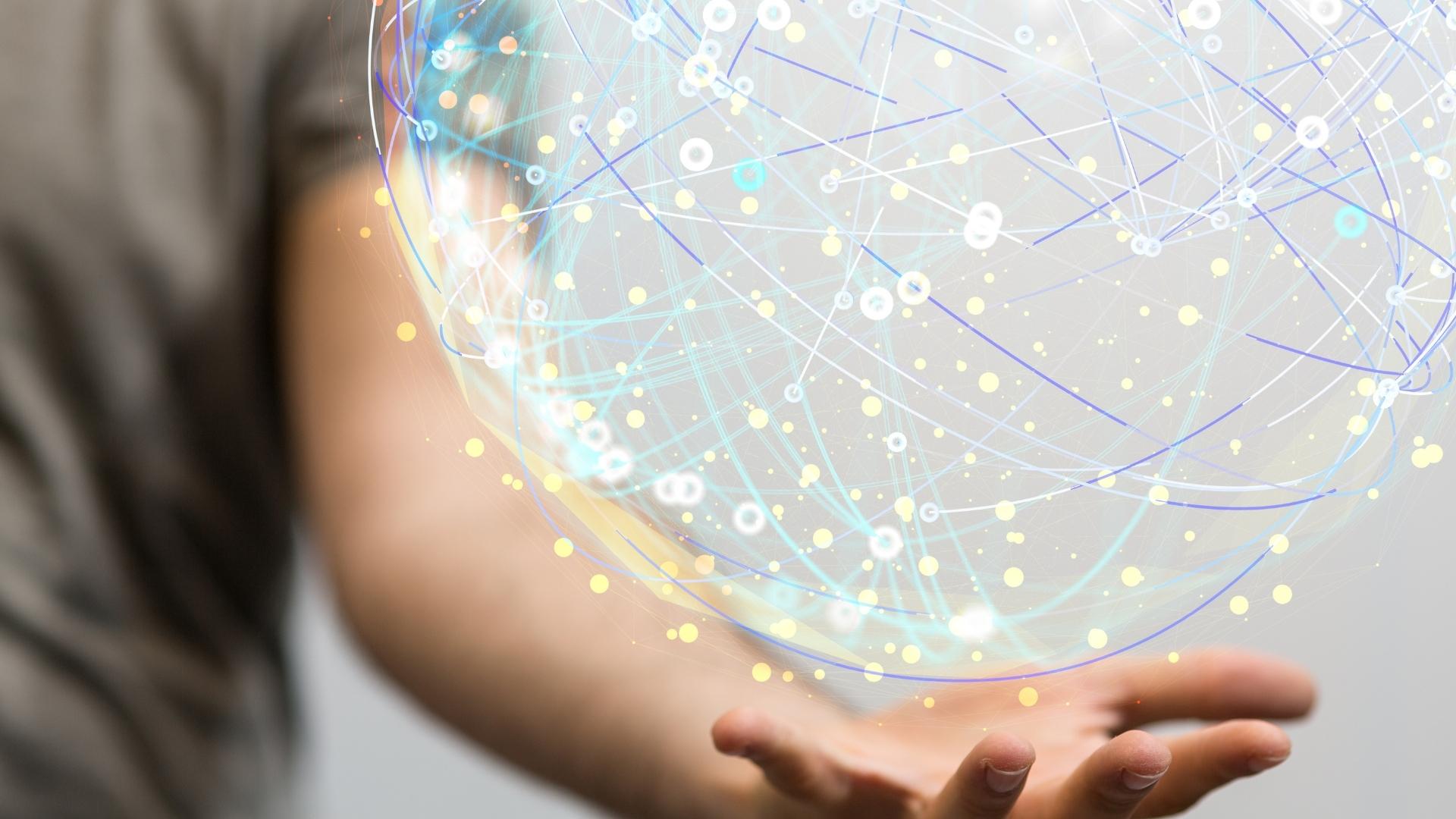The highly anticipated 2024 edition of SXSW has concluded in Austin, United States. The event, which was once synonymous with attendees and more, let’s say, existential debates about technology and innovation, has been attracting more and more mainstream followers. This year, for example, the unprecedented sponsorship granted by the U.S. Armed Forces to the event resulted in an exodus of speakers and criticism from human rights activists.
Controversies aside, one of the most awaited (and crowded) talks was by American Amy Webb, founder and CEO of the Future Today Institute and a professor of strategic foresight at the Stern School of Business at New York University. Webb, indeed, has become something of a guru for futurists. And, this time, she didn’t hold back. She presented a report with over 695 trends leading us to, no more and no less than, 95 possible future scenarios. It’s nearly 1000 pages of analysis, possibilities, probabilities, and reflections (check it all out at this link).
From the report, it’s possible to relate three trends related to the law. The first inevitably involves the hottest topic of the moment: regulation of artificial intelligence. In the same week that the European Parliament approved the world’s first legislation on aspects of artificial intelligence, Webb went straight to the point without beating around the bush: what is the ethics of AI? Her example was that if one of us inputs a prompt into any generative AI platform with indications of “CEO”, “successful”, “great success”, the generated image will be of a white man in a well-tailored expensive suit.
Thus, there is no talking about regulating AI without addressing the thorny prejudiced bias of the algorithm. And more: who will have the legitimacy to answer civilly and criminally for the content generated by such platforms?
The second trend related to the law was what Webb referred to as the “technology supercycle.” According to her, Artificial Intelligence, Biotechnology, and the Internet of Things, individually, have the power to generate a significant impact on our lives. And, when combined, they have an immeasurable force to redefine many aspects of human existence.
Webb mentioned a new type of Artificial Intelligence, Organoid Intelligence – or intelligence of organoids. In short, the technology uses living cells as the computational medium. And the most curious thing: it’s already a hot topic, operated by two companies, one of them being GNoME, from Deepmind, which creates new proteins from AI tests. Cells, explains the futurist, are capable of more connections than chips and silicon. “A few weeks ago, a biocomputing system made of living human brain cells that learned to recognize a human voice among 240 voices of people, using audio clips and some other AI technology, was announced,” said Webb and highlighted by various media outlets present at the event, like Fast Company.
That is, while the European Parliament approved the world’s first legislation on aspects of artificial intelligence, on the other side of the ocean, a biocomputing system made of living human brain cells, organoid artificial intelligence, is being developed in a bold challenge to unregulated environments and a typical innovation of circumvention, that is, one that is born on the margins of any attempt at compliance or control.
The third trend redefines aspects of our daily lives and is in vogue with Apple Vision Pro. Facial computers establish a new paradigm as they anticipate human behavior even before cognitive activity. That is, reading the iris and how our eyes react will be able to anticipate how we think, deciphering the future itself. This type of movement provokes a real and direct impact on all data protection regulations, after all, biometric data scanners have a layer of sensitive data, the collection of which requires additional permissions. It’s worth remembering the recent prohibition imposed on WorldCoin, whose business model recruited volunteers to submit digital images of their irises in exchange for compensation in cryptocurrencies.
The renowned futurist Amy Webb sowed various seeds and aired various trends for the coming times. Her crystal ball and fortune-telling services, as is known, are unpredictable. It’s worth remembering that Webb predicted the end of smartphones. The field of legal sciences, on the other hand, tends to be more pragmatic.







